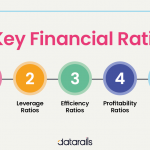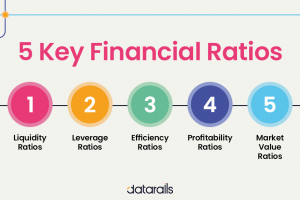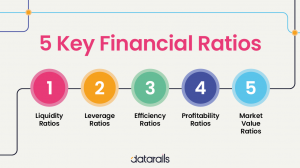
Introduction
Starting a business can be an exhilarating journey filled with innovation, growth, and potential success. However, one of the most challenging aspects of this journey can be securing the necessary funding. As Robert Kiyosaki, author of ‘Rich Dad, Poor Dad,’ once said, “It’s not about the money. It’s about the freedom.” While the end goal is certainly to create a successful business, the path there requires funding, and for many startups, this comes in the form of venture capital.
Section 1: Understanding Venture Capital
Venture capital (VC) is a type of private equity financing provided to startups with high growth potential by investors in exchange for equity or ownership stake. These investors, known as venture capitalists, often come from VC firms that manage pooled investments from individuals, pension funds, and other sources.
Venture capitalists aren’t just looking for a return on investment; they’re investing in the vision, the team, and the potential impact of the startup. They also bring more than just money to the table – VCs often provide strategic guidance, networking opportunities, and support in operational management.
Section 2: The Venture Capital Funding Process
The venture capital funding process is typically structured in stages. These stages are Seed stage, Series A, B, C, and so on. Each round serves a different purpose, from product development and market research in the seed stage to expansion and scaling in later series.
For instance, consider the case of Uber. The ride-hailing company secured its seed funding of $200,000 in 2009. As the business model proved successful, they attracted more funding in successive rounds, reaching a staggering $14.6 billion by the end of their Series G round in 2016.
Section 3: Navigating the Venture Capital Landscape
Venture capital can be an excellent way to finance your startup, but it’s crucial to understand how to navigate this landscape successfully. Here are a few key points to consider:
- Pitching: A compelling pitch can make all the difference in securing VC funding. It should succinctly communicate your vision, business model, unique selling point, market potential, and projected financials.
- Due Diligence: VCs will conduct extensive due diligence before committing any funds. This process will involve scrutinizing your business plan, market research, financial records, and more. Be prepared to provide detailed documentation and answer in-depth questions about your startup.
- Term Sheet Negotiation: The term sheet outlines the terms and conditions of the investment. It includes details like the amount of investment, ownership structure, investor rights, and exit strategy. Negotiating these terms can be complex, and it’s often beneficial to seek legal advice to ensure you fully understand and agree with all terms.
Section 4: When Venture Capital Isn’t the Right Fit
Venture capital can provide significant financial resources and strategic advantages, but it’s not the right fit for every startup. Giving up equity means surrendering a portion of control over your business. Furthermore, VCs expect a substantial return on their investment, typically through an exit strategy such as a merger, acquisition, or Initial Public Offering (IPO).
Alternatives to VC funding include bootstrapping, crowdfunding, small business loans, or angel investing. For example, MailChimp, a successful marketing automation platform, has been entirely self-funded since its establishment in 2001, proving that VC isn’t the only path to success.
Conclusion
Navigating the world of venture capital can be a complex but rewarding process. As renowned venture capitalist Peter Thiel says, “Every moment in business happens only once. The next Bill Gates will not build an operating system.” Your startup journey is unique, and the right funding source can make all the difference. Whether venture capital is the right choice depends on your business model, growth potential, and willingness to share equity and control. By understanding how venture capital works, you can make a more informed decision about financing your startup.















